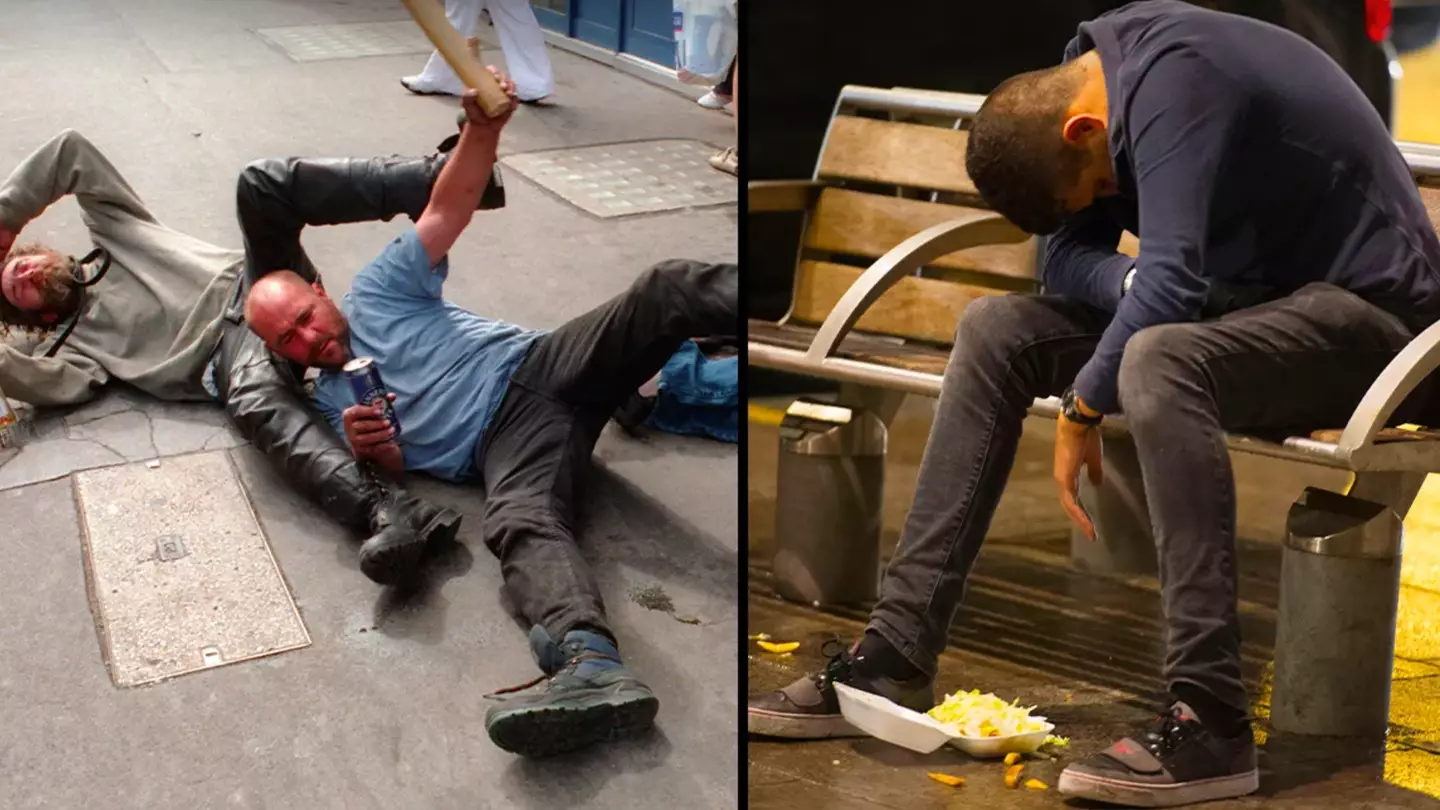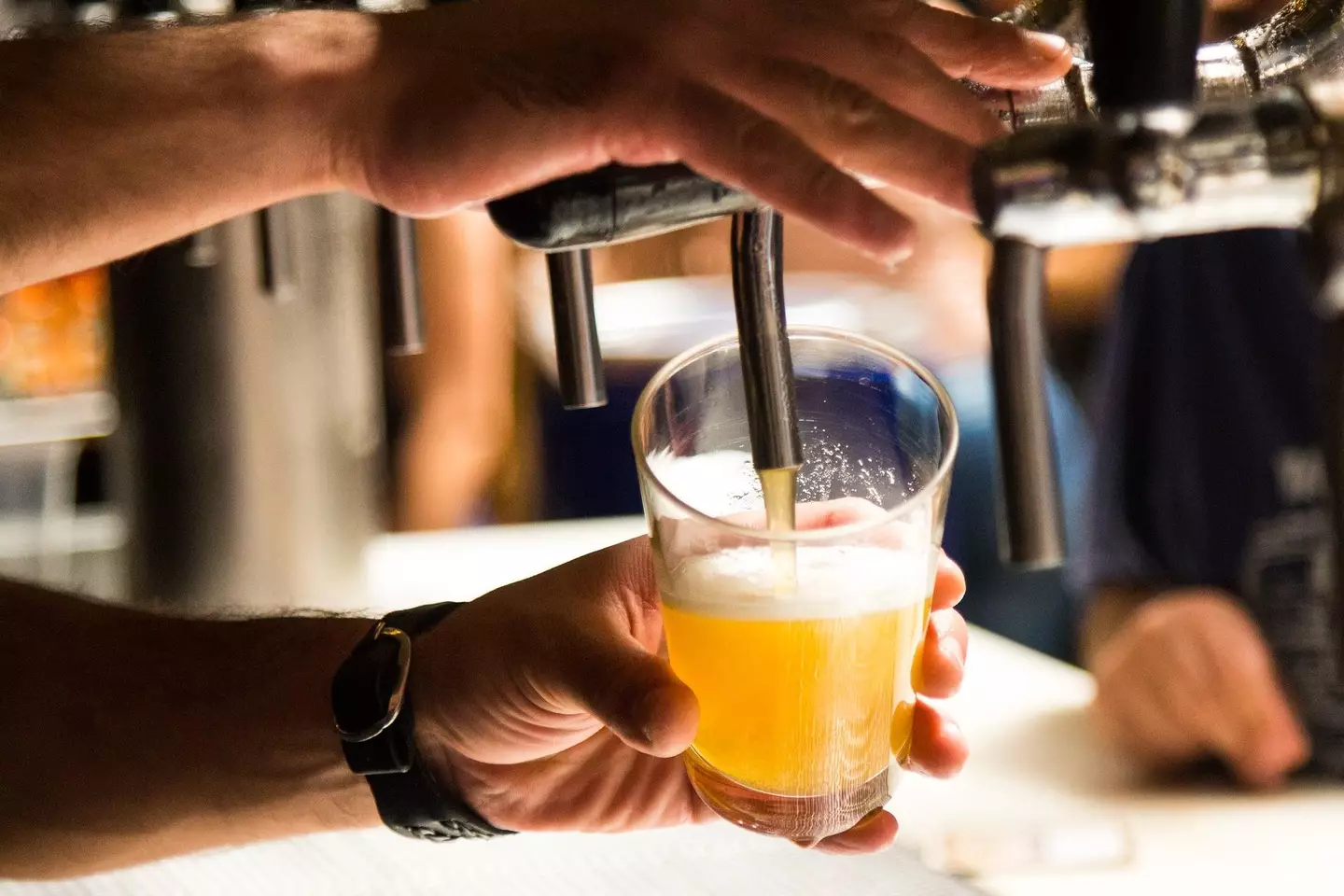
People are being urged not to drink too much this New Year's Eve in a bid to relieve the already immense pressure on the NHS.
Sir Frank Atherton, the chief medical officer for Wales, asked NYE celebrants to consider going easy on the alcohol to keep injuries and ambulance services to a minimum.
Speaking to BBC One's Breakfast programme today (31 December), the CMO for Wales said: "I agree people generally behave very sensibly.
"Sadly, when alcohol gets thrown into the mix - and it gets thrown in a big way in new year - that can sometimes go out of the window, and so we are asking people to behave sensibly.
Advert

"Don’t put themselves at risk, don’t put others at risk, look after each other when you’re out and about, don’t drink too much and don’t get into trouble.
“We do see that, sadly, in the UK at this time of year. Similarly, this is not the time to be putting yourself at risk with dangerous activities, anything that increases the risk to you in person, given the fact we do have delays to ambulance services and they really can only meet the needs of the most seriously ill."
Whether it's getting up to no good after a few too many drinks and injuring yourself or trying to kick off your new gym membership the morning after a night of heavy drinking, there are plenty of ways people could wind up in A&E after a heavy New Year's Eve.
When asked what advice he would give people heading into the new year to avoid injury, Sir Atherton said: "Now is not the time to be going out and starting to do a huge long run.
Advert
"We want people to get fit and active in the new year, of course we do, but do it sensibly, think about pacing yourself, about not taking on too much all at once.

“Keeping yourself warm at home is really important as well, looking after your health, I know that’s very difficult with the cost-of-living crisis."
He continued: "Watch out for your loved ones, make sure that people are kept safe, particularly the elderly at this time of year, that they are well hydrated at home, because people can get dehydrated very quickly, and we know that elderly people who get dehydrated then run into problems with frailty, they have falls, they need to be brought to hospital.
“So we can look after each other and look after ourselves and keep the NHS capacity for those who really need it."
